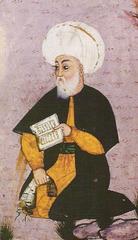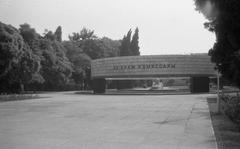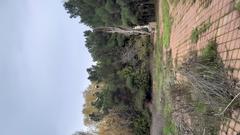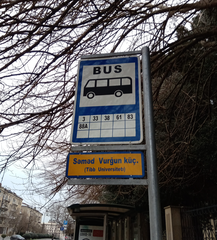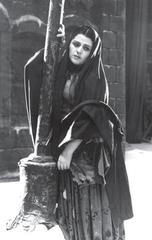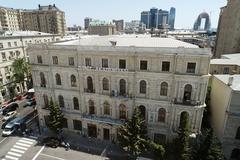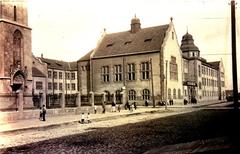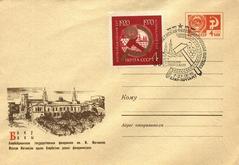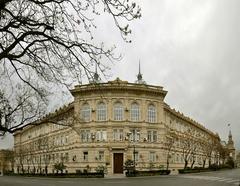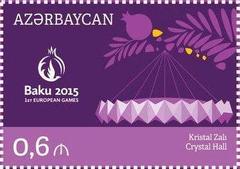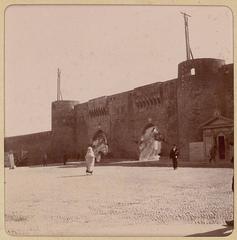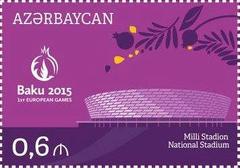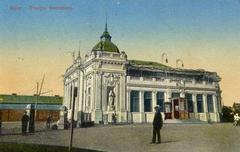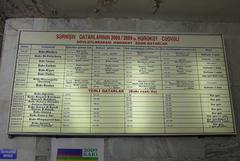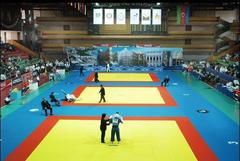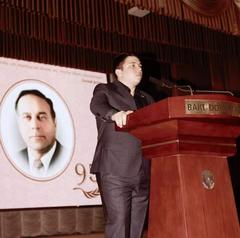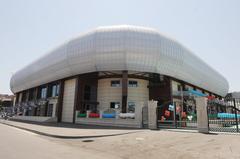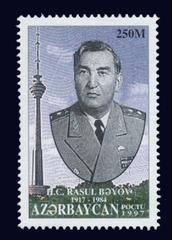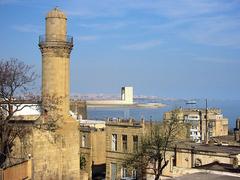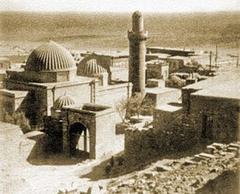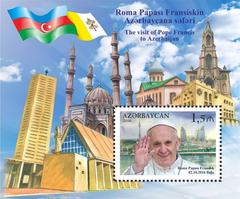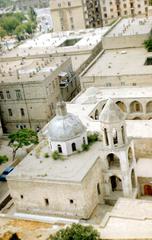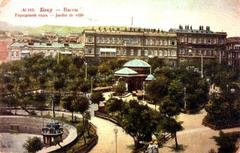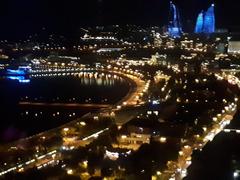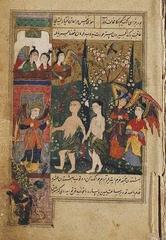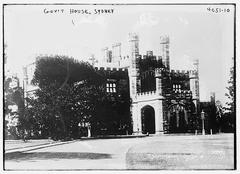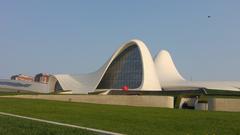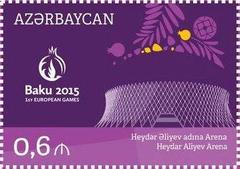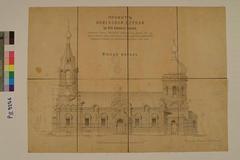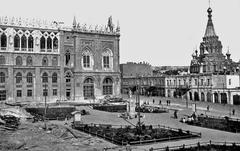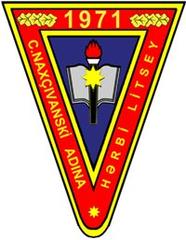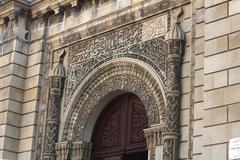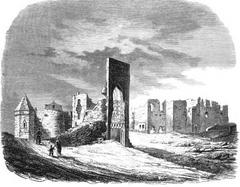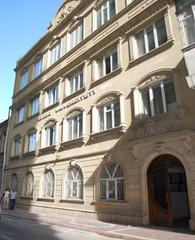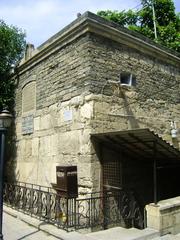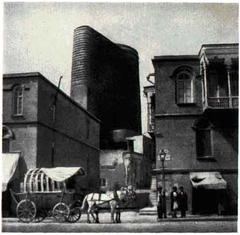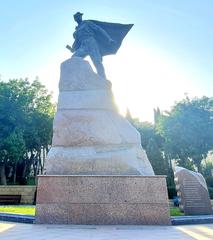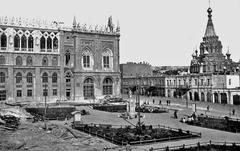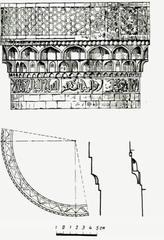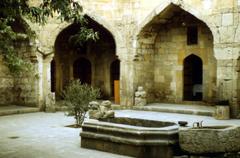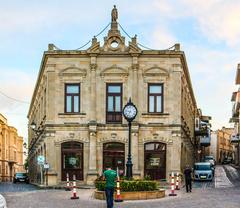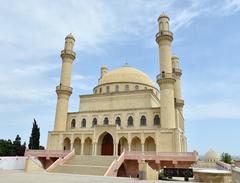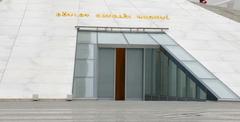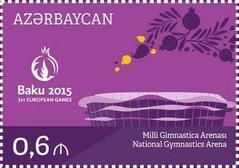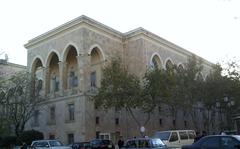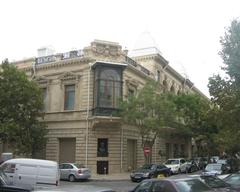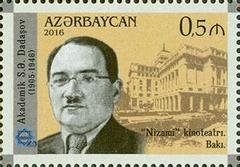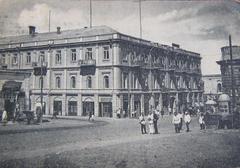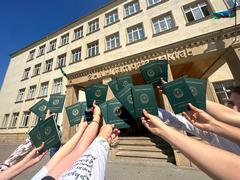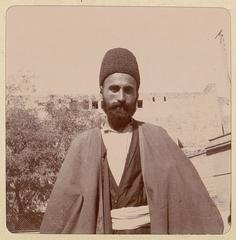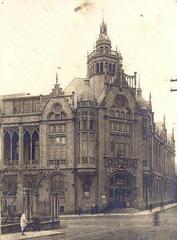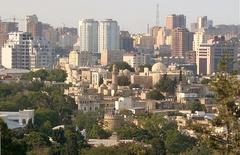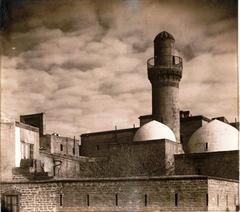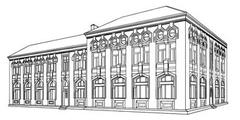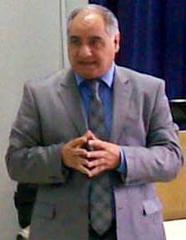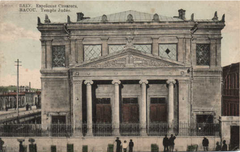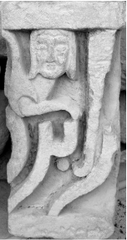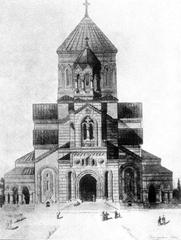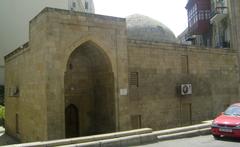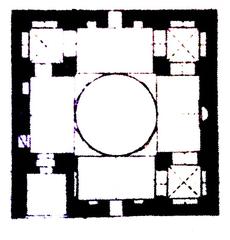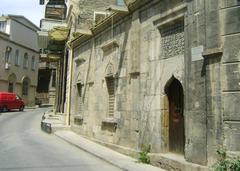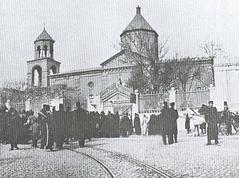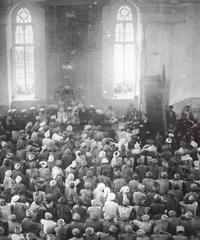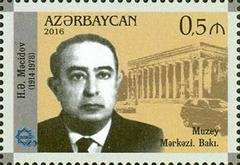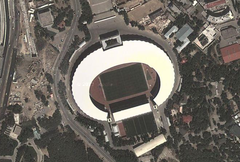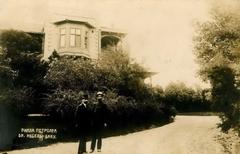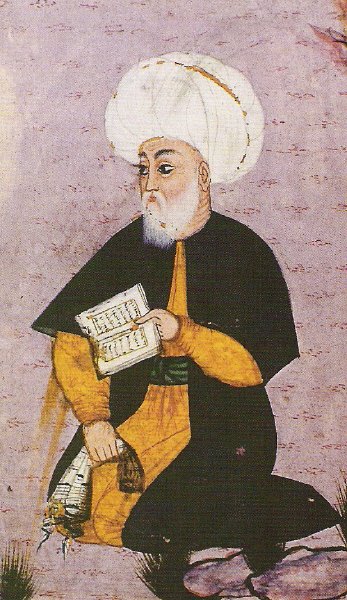
Statue of Fuzuli in Baku: Visiting Hours, Tickets, and Travel Guide
Date: 14/06/2025
Introduction
The Statue of Fuzuli in Baku stands as a striking tribute to Muhammad Fuzuli—an iconic poet whose literary genius spans Azerbaijani, Persian, and Arabic traditions. Situated in the heart of Azerbaijan’s capital, this monument celebrates Fuzuli’s enduring influence on literature and national identity. Whether you are a literature lover, history enthusiast, or a curious traveler, this comprehensive guide will help you make the most of your visit, covering essential information about the statue’s history, artistic features, visitor access, nearby attractions, and practical travel tips.
For further reading and details, refer to: Wikipedia, Trek.zone, Aze Media, Lonely Planet, and ExploreCity.life.
Muhammad Fuzuli: Literary Legacy and Cultural Impact
Early Life and Legacy
Muhammad Fuzuli (c. 1483–1556) was born near Karbala (in present-day Iraq) and became a pillar of Azerbaijani, Persian, and Arabic literature (Wikipedia). Educated in literature, mathematics, astronomy, and languages, Fuzuli’s upbringing in an intellectual and religious environment deeply shaped his works.
Renowned for his profound exploration of love, spirituality, and social justice, Fuzuli produced poetry and prose in three languages. His magnum opus, “Leyli and Majnun,” is regarded as a masterpiece of classical Eastern literature, and his Azerbaijani ghazals significantly elevated the status of the language in literary circles.
Themes and Influence
Fuzuli’s poetry is marked by emotional intensity, mystic symbolism, and a deep humanistic ethos. His command of Azerbaijani, Persian, and Arabic allowed him to reach diverse audiences and bridge cultural divides. His works express empathy for the oppressed and critique social injustice, reflecting both his personal convictions and the broader religious and political contexts of his time.
Fuzuli’s enduring legacy is celebrated throughout Azerbaijan, Turkey, Iran, and beyond. In Azerbaijan, he is revered as a national literary icon, with his influence permeating education, public art, and cultural festivals.
The Statue of Fuzuli in Baku: History and Artistic Significance
Historical Context and Commission
The current Statue of Fuzuli was created between 1958 and 1963 by celebrated Azerbaijani sculptors Tokay Mammadov and Omar Eldarov, with architecture by Haji Mukhtarov (Trek.zone). Erected during the Soviet era, it was intended to foster national pride and commemorate Fuzuli’s literary contributions. Notably, the statue’s design was inspired by a dream that guided its early sculptors, reflecting the imaginative process behind its creation (Aze Media).
Artistic Features
- Scale and Material: The statue stands at approximately 12 meters (39 feet), cast in bronze, which ensures durability and a visually impressive presence.
- Composition: Fuzuli is depicted in traditional attire, holding a manuscript—a clear nod to his literary heritage. His contemplative pose and expressive facial features evoke both wisdom and introspection.
- Symbolic Elements: The base incorporates Azerbaijani decorative motifs and calligraphic inscriptions, reinforcing the region’s artistic traditions. The figure’s robes and manuscript emphasize his scholarly status.
- Setting: The statue sits on a robust stone pedestal surrounded by landscaped greenery, benches, and paving stones, creating an inviting space for reflection and community gatherings.
Location, Access, and Visitor Information
Where Is the Statue of Fuzuli?
The statue is prominently located on Füzuli Küçəsi (Fuzuli Street) in Baku’s Yasamal district, near the intersection with Nizami Street and close to major cultural and commercial hubs (ExploreCity.life). This central placement ensures easy access for both locals and visitors.
How to Get There
- On Foot: From Fountain Square, walk east on Nizami Street, then turn left onto Füzuli Street.
- By Metro: Take the metro to ‘28 May’ station, exit, and walk northwest to Füzuli Street.
- By Bus: Buses 3, 4, and 10 stop at ‘Füzuli Küçəsi.’
- By Taxi/Ride-Sharing: Services such as Baku Taxi Company, Uber, and Bolt provide direct routes to the site.
Accessibility
The area offers wide sidewalks, ramps, and seating, making it accessible for visitors with mobility needs. Some urban surfaces may be uneven, so caution is advised.
Visiting Hours and Tickets
- Open 24/7: The monument is accessible at any time, day or night.
- Free Entry: There is no entrance fee or ticket required.
Amenities
Nearby you’ll find cafes, shops, public restrooms (in adjacent parks and centers), and free Wi-Fi in many venues. The neighborhood is safe, with regular patrols and a welcoming atmosphere.
What to See and Do: Nearby Attractions
- Füzuli Park: Adjacent green space perfect for relaxation and photos.
- Azerbaijan State Academic Drama Theatre: For cultural performances and events.
- Nizami Street: Renowned for shopping, dining, and vibrant city life.
- Fountain Square: The social heart of Baku, teeming with art and activity.
- Institute of Manuscripts of Azerbaijan: An important collection of medieval manuscripts.
- Nizami Museum of Azerbaijani Literature: A must for literature lovers.
These attractions can be easily combined with your visit to the statue, offering a full day of cultural immersion.
Tips for a Meaningful Visit
- Best Times: Spring and autumn offer mild weather. Early mornings and late afternoons provide excellent lighting for photos.
- Guided Tours: Many local agencies include the statue in historical and literary tours—check with your hotel or tourism office.
- Photography: The monument’s scale and backdrop of urban and natural elements make for striking images.
- Cultural Etiquette: Dress modestly, especially during formal events. Participating in poetry readings or leaving flowers are appreciated gestures.
- Events: Festivals and literary gatherings often take place at or near the statue—plan your visit to coincide with these for a deeper experience.
Frequently Asked Questions (FAQ)
Q: What are the visiting hours?
A: The Statue of Fuzuli is accessible 24/7.
Q: Is there an entrance fee?
A: No, visiting the statue is free.
Q: Are tours available?
A: Yes, many guided tours of Baku include the statue.
Q: Is it accessible for people with disabilities?
A: Yes, the site is largely accessible, with ramps and paved pathways.
Q: What attractions are nearby?
A: Füzuli Park, Nizami Street, Fountain Square, and several museums are within walking distance.
Conservation and Community
Baku’s municipal authorities regularly maintain the statue and its surroundings, ensuring a dignified and welcoming space for reflection and celebration. Poetry readings, cultural festivals, and educational visits frequently animate the site, reinforcing its role as a living part of the city.
Visuals and Interactive Media
Alt text: Statue of Fuzuli bronze sculpture in Baku surrounded by greenery and urban landscape.
Explore the interactive map of Baku’s historical sites including the Statue of Fuzuli
Summary and Visitor Tips
The Statue of Fuzuli is more than a monument—it is an open invitation to engage with Azerbaijan’s profound literary and artistic heritage. Standing approximately 12 meters tall, the bronze sculpture not only honors a revered poet but also anchors a lively urban space surrounded by culture, history, and daily life. Free to visit at any time and easily accessible, the statue is a natural starting point for exploring Baku’s historical and cultural landscape.
For the most enriching experience, consider timing your visit with local festivals or events, use interactive resources like the Audiala app, and explore neighboring sites that deepen your appreciation of Azerbaijani culture.
Additional Resources
For comprehensive travel information, visit the official Azerbaijan Travel website.
Sources and Further Reading
- Fuzuli (poet), Wikipedia
- Statue of Fuzuli in Baku, Trek.zone
- A Virtual Tour of the Monuments in Baku, Aze Media
- Best Things to Do in Baku, Lonely Planet
- Exploring Baku, ExploreCity.life
- Practical Travel Information, Azerbaijan Travel
